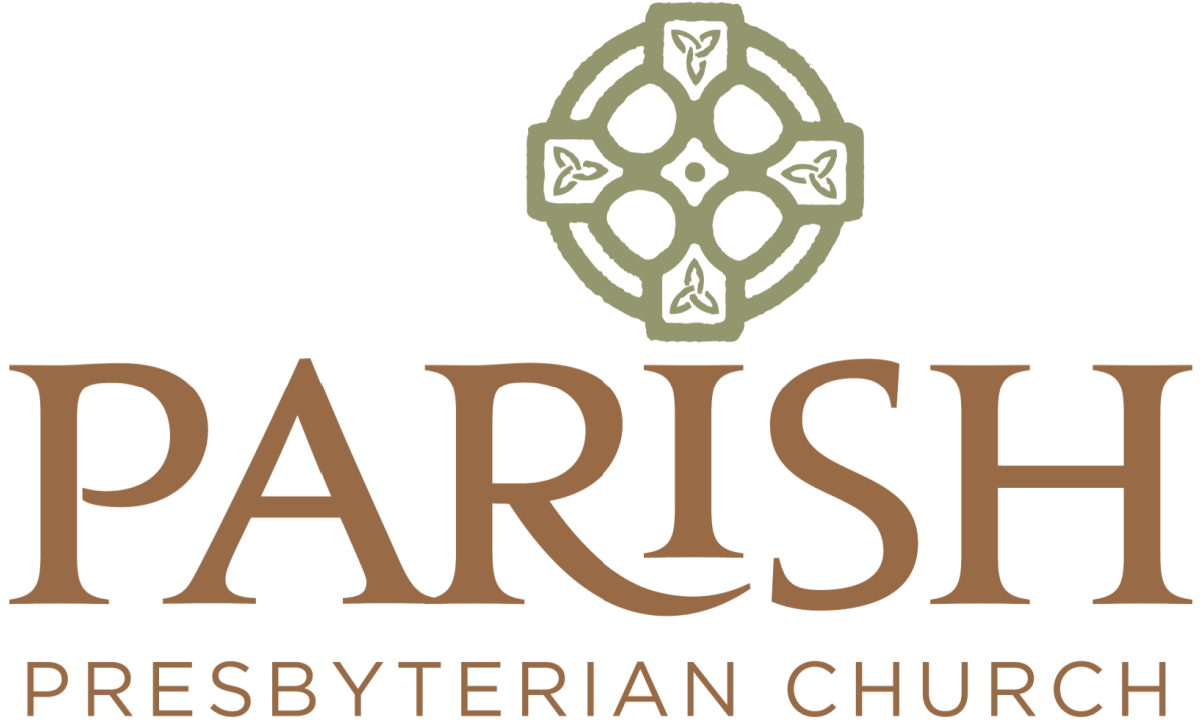The feast of Epiphany (literally “appearance,” or “manifestation”) is a festival which commemorates the visit of the wise men to the infant Jesus, and more broadly the revelation of Christ to the gentiles as a “light to the nations” (Isaiah 49:6; 60:3). Light is a consistent theme in traditional celebrations of Epiphany, and you’ll find that this morning’s service follows…
Often called Childermas, Kindermord, or the Feast of the Holy Innocents, this day solemnizes the slaughter of the children of Judea by Herod the Great following the birth of Christ. It has always been the focus of the Christian’s commitment to protect and preserve the sanctity of human life—thus serving as a prophetic warning against the practitioners of abandonment and…
“Fear not, then,” said the angel, “let nothing you affright; This day is born a Savior of a pure virgin bright, To save all those who trust in Him from Satan’s power and might.” O tidings of comfort and joy! The hymn that frames our service this morning, God Rest Ye Merry, Gentlemen, is one of the most beloved Christmas…
Come, then, banish all your sadness, one and all, great and small; come with songs of gladness Love Him who with love is glowing, hail the star, from afar, light with joy bestowing. —Paul Gerhardt In this morning’s sermon text from Matthew 2, we find the story of the “wise men from the east” and the star they observed…
During Advent, you may notice several changes to our typical Sunday liturgy which are designed to set this season of the church year apart. The portion of our service dedicated to confession contains two musical responses (“Lord, have mercy,” and a sung “Amen”), as well as a time of silent prayer, to emphasize this aspect of worship during a penitential…
Advent is a season of preparation. For centuries, Christians have used the month prior to the celebration of Christ’s incarnation to ready their hearts and their homes for the great festival. While we moderns tend to do a good bit of bustling about in the crowded hours between Thanksgiving and Christmas, that hardly constitutes the kind of preparation Advent calls…
G.K. Chesterton famously wrote, “Thanks are the highest form of thought” and “gratitude is happiness doubled by wonder.” Having been away from Parish for an entire month, Karen and I feel the truth of that perhaps more than ever. We know that we are blessed beyond measure—and we are so glad we are able to express it so clearly together…
Psalm 110, one of the clearest messianic prophecies in the psalms, gives us a picture of a king who is both ruler and priest. This morning, the hymns we sing celebrate both of these realities as they are fulfilled in Christ. In Praise, My Soul, The King Of Heaven and O Christ, Our Hope, we declare our fealty to our…
Isaac Watts (1674-1748) was without a doubt one of the most beloved authors of hymn texts in Christian history. His poems, which have been set to melodies by countless composers in the past three centuries, include classics such as When I Survey The Wondrous Cross and Alas! And Did My Savior Bleed, as well as three we’ll sing today: Blest…
Certainly a candidate for one of the greatest love songs in all of Scripture, Psalm 45 was likely written in honor of King Solomon’s wedding. But as John Calvin puts it, “there can be no doubt, that under this figure the majesty, wealth, and extent of Christ’s kingdom are described and illustrated … to teach the faithful that there is…

